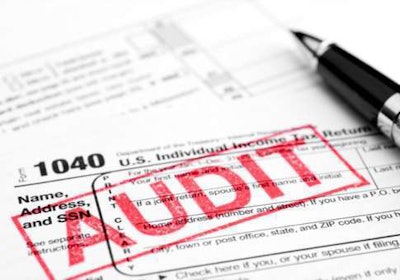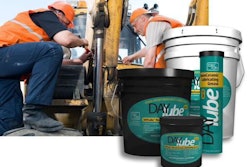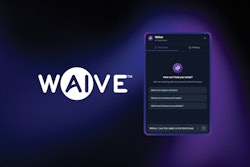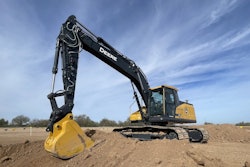
If you file your taxes without the help of an accountant, the process may seem overwhelming. Here are some tips on how to prepare your taxes from the Houston Chronicle.
- Obtain an Employer Identification Number online from the Internal Revenue Service.
- Keep accurate records of all sales and expenses throughout the year.
- Require each new employee to complete and sign a Form W-4.
- Use Schedule C or C-EZ of Form 1040 to file sole proprietor income taxes. Use Schedule SE of Form 1040 for self-employment income. Use Form 1065 to file partnership income taxes.
- Use the E-File system to file taxes online. A large number of small businesses are eligible to use the E-File system, making tax form submissions quicker and eliminating much of the hassle.
- Complete and send a Form W-2 to every employee and the Social Security Administration each year.
But even if you cross all of your Ts, there’s always the chance of being audited. To lower your chances of raising red flags with the IRS, don’t make these common tax mistakes from USA Today.
- Not reporting all of your income
This may seem obvious, but you must declare every penny you earned. Even the slightest variation from your filing and official IRS income records will set off red flags. - Minor mistakes on major information
Maybe you mixed up some numbers in your spouse’s Social Security number or forgot to carry the two when adding up your adjusted gross income. The mistake may be honest, but unfortunately, IRS auditors don’t like mistakes. - Home office deductions
These deductions were abused for years by people who did a little work in the den in exchange for a lot of tax benefits they might not have deserved. The IRS frequently audits those claiming home office deductions, making them prove “exclusive use” for business purposes. - Frequent business vehicle use
It’s very rare for a vehicle to be solely for work without a single personal trip all year, so be honest when you file, and be aware that heavy business vehicle use means the tax man could likely come looking for your mileage log down the road. - Business “entertainment”
If you’re claiming business-related trips and entertainment, it’s crucial to keep detailed records and receipts of who was there and event specifics. Many Americans try to sneak in personal expenses, and that means even honest filers risk a red flag by claiming these kinds of deductions.









